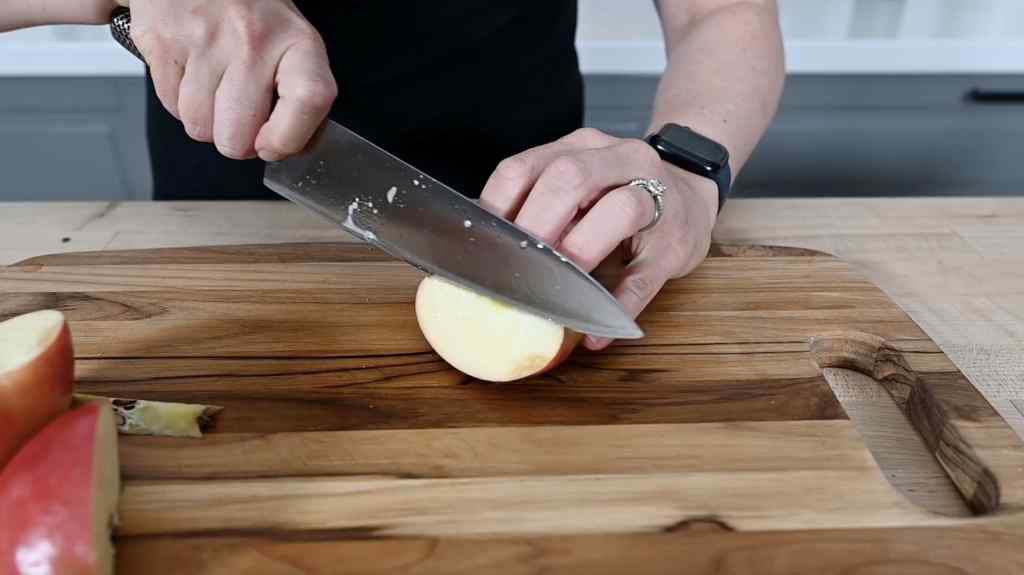When it comes to butchering, the choice of knife is crucial. For kitchen professionals and culinary enthusiasts, German knives for butchering stand out as a top choice due to their exceptional craftsmanship and performance. These knives are not only reliable but also enhance the efficiency and precision required in professional kitchens.
German knives have a long-standing reputation for their durability and cutting prowess. Renowned for their robust construction and sharpness, these knives are ideal for handling the rigors of butchering tasks. If you're a kitchen professional seeking to elevate your butchering skills, understanding the unique features of German knives can significantly impact your culinary endeavors.

Features that Set German Knives Apart
One of the defining characteristics of German knives is their full tang construction, which provides stability and balance. This design ensures that the knife can withstand heavy use without compromising on performance. Additionally, German knives are typically crafted from high-carbon stainless steel, making them resistant to rust and corrosion.
Another notable feature is the ergonomic handle design. German knives often come with comfortable grips that reduce hand fatigue during prolonged use. This is particularly beneficial for kitchen professionals who spend long hours handling butchering tasks.
The Importance of Blade Sharpness
Blade sharpness is a critical factor in butchering. German knives are renowned for their ability to maintain sharp edges over extended periods. This is achieved through a meticulous sharpening process, ensuring precision cuts and reducing the risk of accidents.
For more on maintaining the sharpness of your German knives, check out our detailed guide on German knife sharpening.
Choosing the Right Knife for Butchering
When selecting a German knife for butchering, consider the specific tasks you will be performing. Different knives are designed for various purposes, such as deboning, slicing, or chopping. Popular options include the chef's knife, boning knife, and cleaver, each serving unique roles in the butchering process.
For a comprehensive understanding of different knife types, refer to our article on types of knives and their uses.
Safety Tips for Using German Knives
Safety should always be a top priority in the kitchen. Proper handling and maintenance of German knives are essential to prevent accidents. Ensure that your knives are stored securely and kept out of reach of children.
For more safety tips, you can read our German knife safety tips.
Why German Knives Excel in Butchering
The craftsmanship behind German knives contributes significantly to their effectiveness in butchering tasks. With a rich history rooted in precision engineering, German knife makers have perfected the art of creating blades that excel in both strength and sharpness.
To learn more about the history of German knives, visit this insightful article on the history of German knife making.
Maintenance and Care for Longevity
Proper maintenance is crucial to extend the lifespan of your German knives. Regular cleaning, sharpening, and appropriate storage are vital practices to ensure your knives remain in top condition.
For tips on knife care, explore this comprehensive guide on knife care tips.
Conclusion
In the realm of butchering, the right tools can make all the difference. German knives for butchering offer unparalleled performance and reliability, making them a favorite among kitchen professionals. By understanding their unique features and practicing proper maintenance, you can elevate your butchering skills and achieve exceptional results in your culinary pursuits.

FAQs
- What makes German knives ideal for butchering? German knives are known for their durability, sharpness, and ergonomic design, making them perfect for handling butchering tasks efficiently.
- How do I maintain the sharpness of my German knives? Regular sharpening and proper storage are essential to maintain the sharpness of German knives. Refer to our guide on German knife sharpening for detailed instructions.
- Are German knives better than Japanese knives for butchering? Both German and Japanese knives have their strengths. German knives are more robust and better suited for heavy-duty tasks, while Japanese knives offer precision and are ideal for delicate cuts.


























